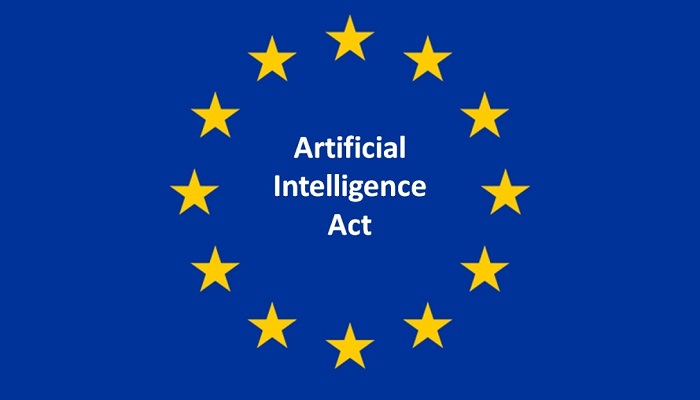It is well to be noted that 2023 happened to be the year that was marked by AI. With the surge of general-purpose large language models such as ChatGPT, Claude, and Bard, AI has gone on to become tangible and also accessible for millions of people. There was absolutely no dearth of excitement, but also looks for regulation of this powerful tech.
AI Regulation in Healthcare – The Present State
Apparently, the EU AI Act had been drafted in 2021 already, long before the availability of a general-purpose large language model. In December 2023, a consensus when it came to legislation seemed to have been achieved. Throughout the pond in the US, under Executive Order on the Safe, Secure, as well as Trustworthy Development and Usage of Artificial Intelligence, Health and Human Services- HHS needs to come up with an AI Task Force that will require the development of a regulatory action plan when it comes to predictive as well as generative AI-enabled technologies in health care in 2024.
Regulation always happens to be a step behind the industry. The fact is that setting rules for healthcare is a tough task without the technology sector and medical recommendations. There are more associations forming each day. There happens to be the US Coalition for Health AI- CHAI – a community of academic health systems and organizations as well as expert practitioners of AI and data science. It has gone on to propose a setup of special assurance labs that will enable health systems and also tool developers as well as vendors to submit their AI solutions for analysis. The New England Journal of Medicine launched NEJM AI, which is a monthly, online-only publication, in order to evaluate applications of AI in clinical medicine. The Global Agency for Responsible AI in Health looks to harmonize international healthcare standards as defined by the WHO. The organization looks to connect different regulatory bodies from all across the world and also create early warning systems. These would thereby notify the network if unintended impacts of AI happened to be detected anywhere throughout the world. Apparently, the ideas happen to be there, but it is going to take time for them to get into shape.
AI Regulation within the EU will be felt post 2026
It is well to be noted that the official EU AI legislative document is anticipated early in 2024. Until then, the experts happen to be cautious and also a bit critical, specifically with regards to open-source AI as well as proprietary model regulation. The information about EU AI regulation, apparently, come out from leaks within the negotiation process, which had been marked by opacity as well as a lack of democratic oversight. As of now, anti-open-source lobbyists happen to be trying to mess with the Act post-deal, just because they are not happy with the rumor that open-science-based AI R&D may as well be exempted from regulations. The founder of the HIPPO AI Foundation, Bart de Witte, says that the point is that regulations should only come into picture right at the application level, and going beyond that will indeed suppress scientific freedom and at the same time undermine the European advantage. His organization advocates for the creation of open-source AI in order to prevent the consolidation of power in the hands of worldwide tech corporations.
Notably, the EU AI Act can very well get disrupted due to countries such as France and Germany, which look for self-regulation and also want changes to the legislation. The CEO at The Global Agency for Responsible AI in Health, Ricardo Baptista Leite, sees this as being problematic. According to him, in highly sensitive areas such as health, he does not believe this is compulsorily the ideal approach. It entirely depends on the application of AI; however, at the end of the day, these countries are just opening up a whole can of worms in terms of discussions, which can go on to undermine the process moving forward.
It is worth noting that the upcoming European elections may also navigate the conversation, as transitions in political power can very well influence the act’s execution. Opines Ricardo Baptista Leite, that they happen to be having a country-level approach that, with the surge of extreme nationalisms, could go on to lead to very poor policies that can hence undermine all the endeavors of trying to find a level of harmonization, which is very crucial to make sure that these technologies can be used in a much safer manner and also in a way of making sure that one happens to be taking up the most of the technology’s potential. He also explains that while the AI Act is indeed a step forward, the real effect on industries, and health in particular, will not be felt until 2026. Interestingly, the next couple of years are going to be very critical when it comes to balancing the risks as well as harnessing the benefits AI gets for health systems as well as patient care.
How can the sector scale?
The Global Agency for Responsible AI in Health will go on to advocate for the same principles that one has in the case of medicine approval and health technology evaluation to be used for AI within the healthcare gamut. In the future, the agency looks to create an absolute AI solution repository, which is a platform focused on health AI, offering an online public database. It is indeed going to be a global showcase that has AI technologies validated by many countries.


















